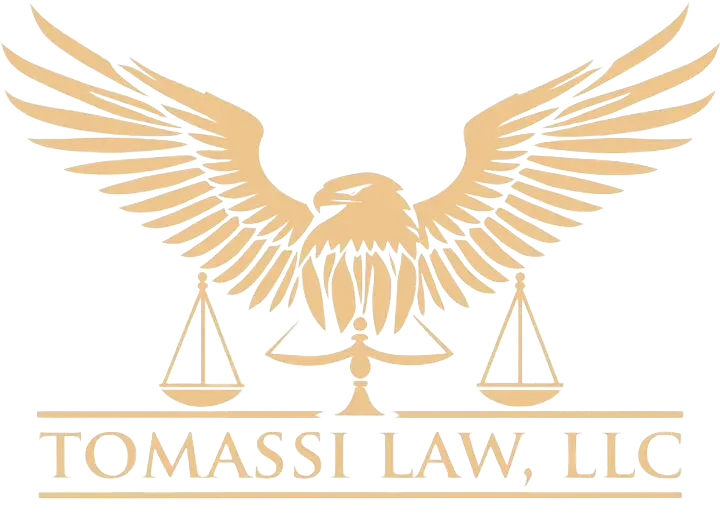Commercial Leases vs. Residential Leases: Key Legal Differences in Rhode Island
Commercial Leases vs. Residential Leases: Key Legal Differences in Rhode Island
Leasing property in Rhode Island involves different legal considerations depending on whether the lease is for commercial or residential use. Understanding the distinctions between these two types of leases can help landlords and tenants make informed decisions and avoid legal complications.
Key Differences Between Commercial and Residential Leases
Legal Protections
Rhode Island law provides stronger protections for residential tenants than for commercial tenants. The Rhode Island Residential Landlord and Tenant Act governs residential leases, ensuring tenant rights such as habitability, proper notice for eviction, and limits on security deposits. Commercial leases, however, are largely governed by contract law, with fewer statutory protections for tenants.
Lease Terms and Negotiation
Residential leases tend to have standardized terms, often using one-year agreements with renewal options. Landlords typically cannot negotiate major changes due to tenant protection laws. Commercial leases, in contrast, are highly negotiable, allowing businesses to tailor lease terms, including rent structure, property use, and maintenance responsibilities.
Security Deposits and Rent Control
Rhode Island law limits security deposits for residential leases to one month's rent, and landlords must return deposits within 20 days after lease termination. No such restrictions apply to commercial leases, where landlords and tenants can negotiate deposit amounts and return policies freely.
Repairs and Maintenance Responsibilities
Residential landlords must maintain properties in habitable condition, ensuring compliance with building codes and necessary repairs. Commercial leases often shift maintenance responsibilities to the tenant, depending on the agreement. Tenants may be responsible for upkeep, utilities, and even structural repairs in some cases.
Eviction Process
Evictions for residential tenants must follow strict legal procedures, including required notices and potential court proceedings. Rhode Island law allows tenants to contest evictions, especially in cases involving habitability concerns. Commercial evictions, however, are typically governed by lease agreements, making it easier for landlords to enforce lease violations and reclaim the property.
Legal Guidance for Lease Agreements
Whether you are a business owner negotiating a commercial lease or a landlord drafting a residential lease, understanding the legal distinctions is crucial. At Tomassi Law, LLC, we provide legal assistance to the Warwick community, ensuring lease agreements comply with Rhode Island law while protecting your interests.









